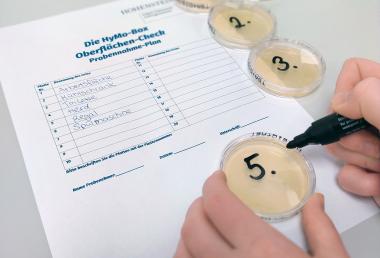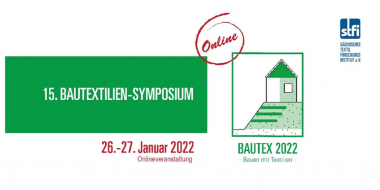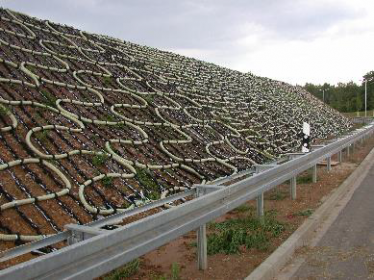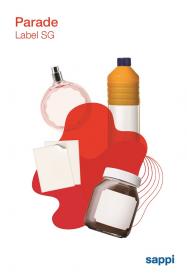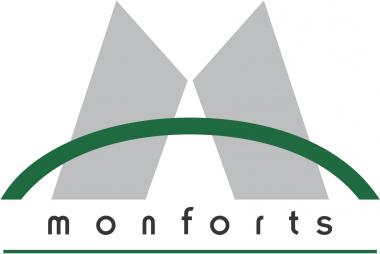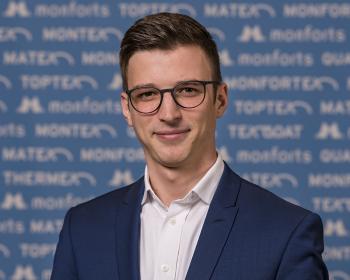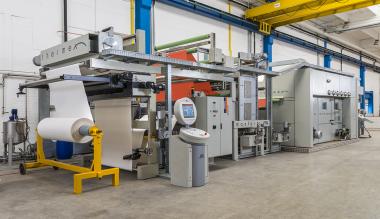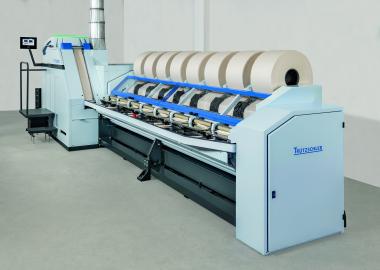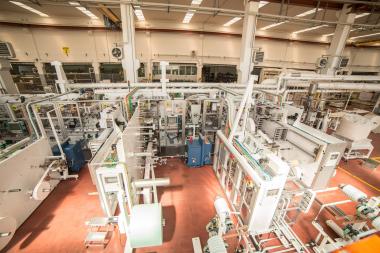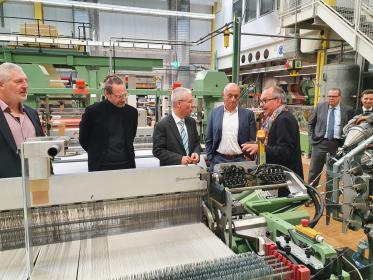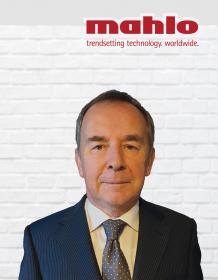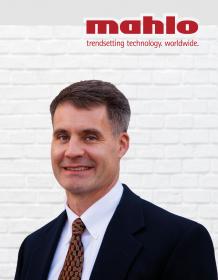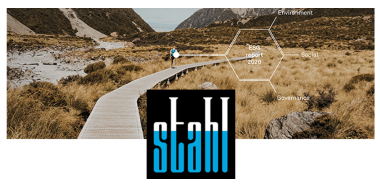Hohenstein HyMo-Box: Neomeris ist exklusiver Vertriebspartner
Der akkreditierte Prüfdienstleister Hohenstein hat im Dezember 2021 einen Exklusivvertrag über den Vertrieb seiner Hygiene-Monitoring-Box (HyMo-Box) mit dem Systemspezialisten für innovative (Wasser-) Aufbereitung Neomeris geschlossen.
Danach vertreibt die Gebr. Heyl Vertriebsgesellschaft mbH unter Neomeris die Hohenstein HyMo-Box ab Januar 2022 EU-weit als erster und einziger Distributor und bearbeitet exklusiv alle Kundenanfragen. Die HyMo-Box als universell einsetzbares Instrument zur Eigenüberwachung und Selbstkontrolle der Hygiene deckt auf, ob z. B. in Arztpraxen, Fitnessstudios, Kindergärten oder Gastronomie-Küchen eine zu hohe Keimbelastung vorliegt und die eigenen Hygienemaßnahmen angepasst werden müssen. Das modulare System für verschiedenste Anwendungsbereiche ermöglicht seinen Nutzern, eigenständig einen einfachen Hygiene-Check durchzuführen und den Hygiene-Status im akkreditierten Hohenstein Prüflabor überprüfen zu lassen.
Hohenstein


